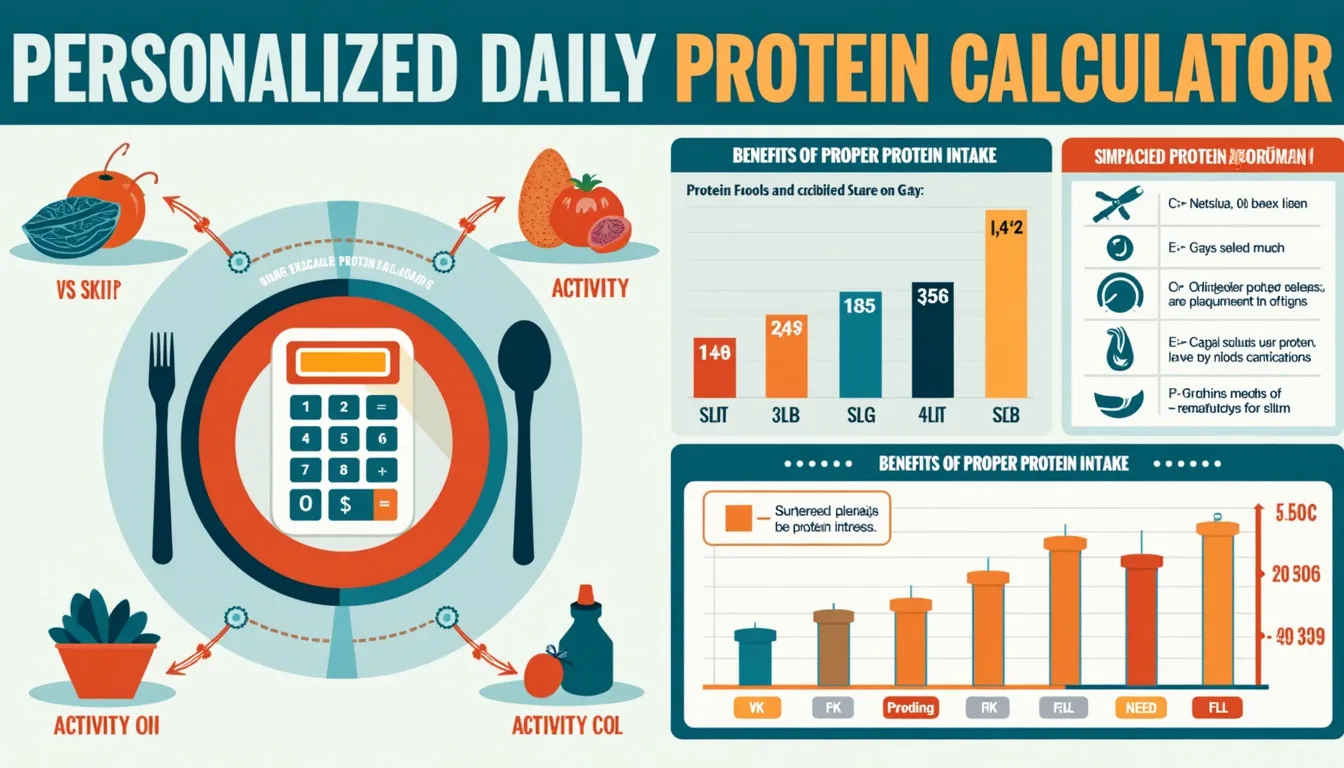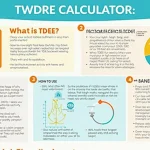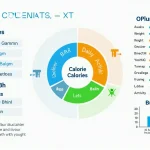Is this tool helpful?
How to use the tool
- Enter weight — e.g. 52 kg or 210 lb.
- Pick unit (kg or lb). The calculator auto-converts lb to kg (1 lb = 0.453592 kg).
- Select activity level
- Sedentary
- Lightly active
- Moderately active
- Very active
- Choose goal — Lose weight, Maintain, Gain muscle.
- Press “Calculate” to see grams of protein per day.
Formula used
$$ \text{Protein Need (g/day)} = \text{Weight}_{kg} \times \text{Protein Factor} $$ Protein factors:
- Sedentary – 0.8 (all goals)
- Lightly active – 1.0 (maintain), 1.2 (lose / gain)
- Moderately active – 1.2 (maintain), 1.5 (lose), 1.6 (gain)
- Very active – 1.5 (maintain), 1.8 (lose), 2.0 (gain)
Example calculations
- Example A: 55 kg, Moderately active, Gain muscle → 55 × 1.6 = 88 g/day.
- Example B: 95 kg, Very active, Maintain weight → 95 × 1.5 = 142.5 g/day.
Quick-Facts
- Adult RDA: 0.8 g/kg/day (National Academies, 2005).
- Athletes need 1.2-2.0 g/kg/day (ACSM position stand, 2016).
- Protein supplies 4 kcal per gram (USDA FoodData Central).
- 1 lb equals 0.453592 kg (NIST Handbook 44).
FAQ
What does the protein calculator do?
It converts your weight, activity and goal into a daily protein target that supports muscle repair, weight control and performance (ACSM, 2016).
How do you convert pounds to kilograms?
Multiply pounds by 0.453592. Example: 180 lb × 0.453592 = 81.6 kg (NIST Handbook 44).
Why adjust protein for activity level?
Exercise raises muscle turnover; active people need up to 2.0 g/kg to optimise recovery (Phillips & van Loon, 2011).
Which foods supply 25 g of protein fast?
100 g chicken breast, 3½ oz canned tuna, or one scoop whey isolate each deliver roughly 25 g (USDA FDC).
How precise is the 0.1 g rounding?
It keeps error below 1 %, well within dietary planning tolerance (Burd et al., 2019).
Can protein intake exceed safe limits?
Healthy adults tolerate up to 3.0 g/kg short-term, but chronic excess strains kidneys (Poortmans & Dellalieux, 2000).
How should you use the result for meal planning?
Split the total into 3-5 meals to maximise muscle-protein synthesis (“20-40 g per meal is effective” – Schoenfeld, 2018).
Does age affect protein needs?
Older adults need about 1.2 g/kg to counter anabolic resistance (Bauer et al., 2013).
Important Disclaimer
The calculations, results, and content provided by our tools are not guaranteed to be accurate, complete, or reliable. Users are responsible for verifying and interpreting the results. Our content and tools may contain errors, biases, or inconsistencies. Do not enter personal data, sensitive information, or personally identifiable information in our web forms or tools. Such data entry violates our terms of service and may result in unauthorized disclosure to third parties. We reserve the right to save inputs and outputs from our tools for the purposes of error debugging, bias identification, and performance improvement. External companies providing AI models used in our tools may also save and process data in accordance with their own policies. By using our tools, you consent to this data collection and processing. We reserve the right to limit the usage of our tools based on current usability factors.







